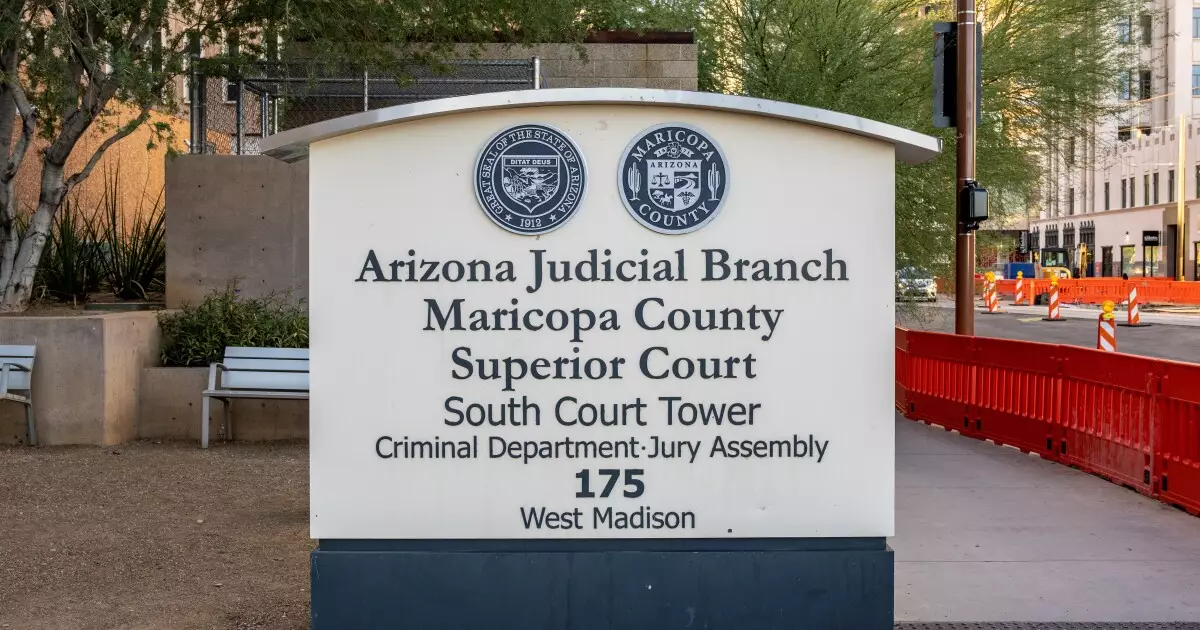In a significant development that has sparked legal controversy, the town council of Gilbert, Arizona, stands accused of violating the state constitution through the approval of tax increases designed to fund vital infrastructure projects. This accusation, brought forth by the Goldwater Institute, showcases the ongoing tension between government financing needs and constitutional regulations regarding taxation. The lawsuit, lodged in Maricopa County Superior Court, reflects mounting legal challenges faced by municipal governments across Arizona regarding their fiscal decisions and the legality of their actions.
At the heart of the lawsuit is a claim that Gilbert’s elected officials overstepped their legal boundaries by imposing higher sales, use, and lodging tax rates, which are set to go into effect on January 1. The Goldwater Institute argues that these tax increases violate a specific provision of the Arizona Constitution, which limits the power of cities and towns to levy transaction-based taxes on certain services. This legal maneuver is significant, as it raises essential questions about the capabilities of local governments to generate revenue and meet the growing demands of their communities without entering into unconstitutional territory.
Gilbert’s town officials defend the tax increases as necessary measures to secure funds, citing pressing infrastructure concerns that have emerged in recent years. The town has estimated that it requires around $700 million for 23 critical projects related to parks, recreation, and public safety. According to town statements, the intention behind these initiatives is to enhance community services and maximize taxpayer value while reducing long-term costs through strategic cash funding. However, the question remains as to whether these financial strategies comply with Arizona’s strict constitutional guidelines.
The ramifications of this lawsuit extend beyond Gilbert’s town limits, as it highlights a growing pattern of similar challenges faced by municipalities across Arizona. In a related case involving the city of Payson, the Goldwater Institute had previously contested the issuance of $70 million in bonds, arguing that the haste with which these financial decisions were made posed constitutional concerns. Although the Payson case was ultimately declared moot, the broader implications regarding local governance, fiscal responsibility, and adherence to constitutional norms are undeniable.
As the lawsuit unfolds, Gilbert’s future fiscal strategies will likely come under intense scrutiny, not only from legal institutions but also from the public. Residents’ trust in their local government could be jeopardized amid these controversies, emphasizing the importance of transparent and legally compliant decision-making. Local leaders will need to navigate these choppy waters carefully, balancing their infrastructure ambitions with the strict mandates of state law. The outcome of this legal battle may set a precedent that could affect how municipalities across Arizona approach funding for essential services in the future.

